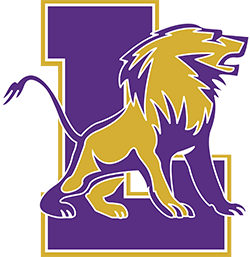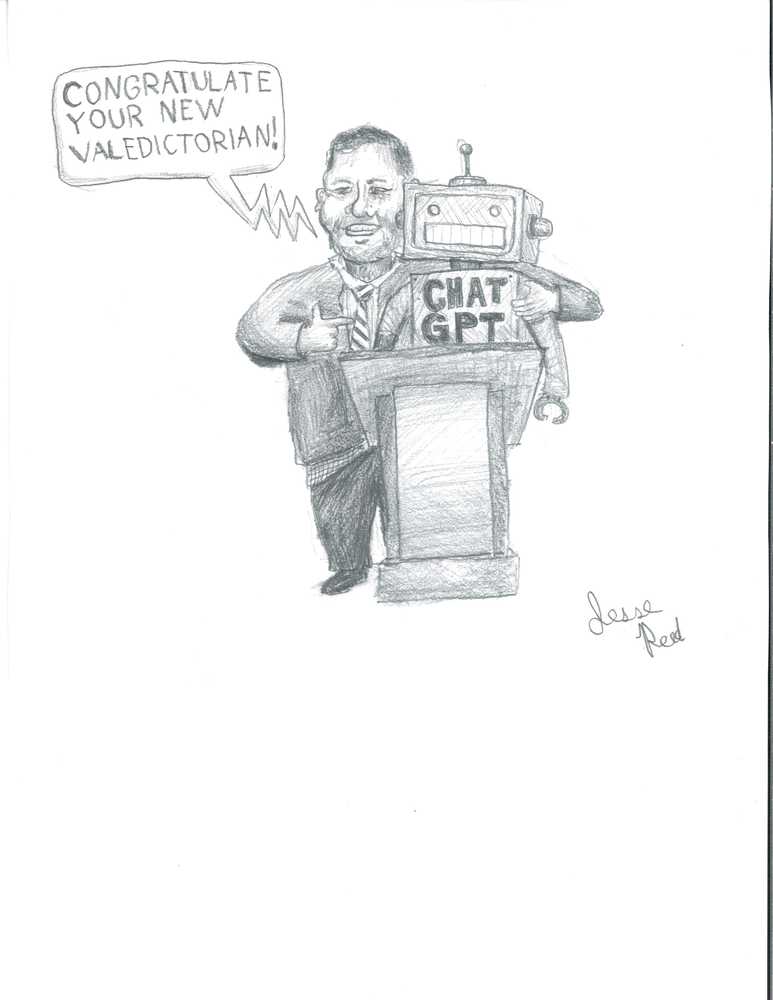By Alexis Clements
Artificial Intelligence is changing schools in both good and bad ways. While it can make learning easier, it also risks reducing critical thinking and raising issues like cheating and overreliance on technology.
Could you tell what you just read was generated by AI?
This is an issue our educators and students are struggling with in our school systems. Many students have trouble with asking questions when they fall behind in a lesson or simply don't understand, causing them to turn to AI. Artificial Intelligence has taken over the basic jobs people have studied and fought to get, and now most of that hard work is being swept away in just a type on the computer.
AI is not necessarily all negative. High school math teacher Clint Pettit said, “It's useful for me, I can use it to help me make work sheets faster.”
He later goes on to say it can help him combine interest in learning for his students and a faster way to get homework assignments completed. Though Pettit says there are exceptions, he still struggles with trusting his students when he questions if they are using the bot. However the struggle of being sure students are being honest is hard, and educators are really wondering if their students are fully understanding the concept of the lesson.
Though AI can be helpful, it's causing conflict in the employment field. High school geography teacher Jeff Haun states, “Most technology is both a help and a hurt. It can help with making it faster to do a mundane task. I can give AI an article and it can generate questions for me, but at the same time, students can type in those questions without reading the article.”
These claims come from educators themselves who just want to help and see what their students will do, but if they have to worry constantly about thinking “Can my student do this?” “Am I going to have a job in the next few years?” can really affect their minds and work effort.
Though Artificial intelligence has made positive changes to the education system, it can still cause students to not perform to their best ability when used poorly.

